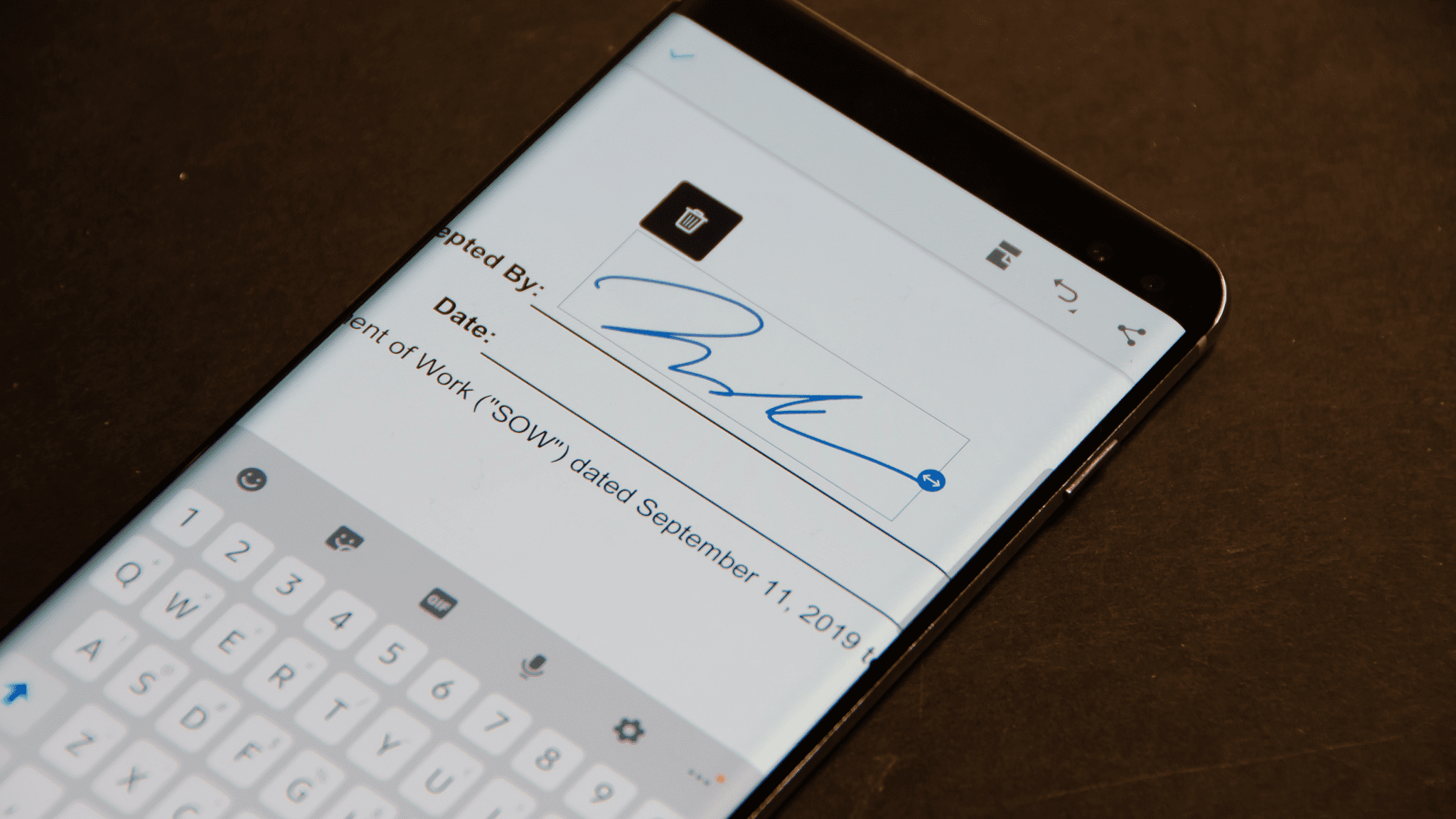
best vpns for remote access in 2025 The shift to remote work has dramatically increased the demand for Virtual Private Networks (VPNs), particularly those designed for secure remote access.
best vpns for remote access in 2025
The Rise of Remote Work and the Need for VPNs
In recent years, the landscape of work has undergone a seismic shift. The abrupt transition from traditional office environments to remote work setups has become a defining characteristic of the modern workforce. Initially spurred by the global pandemic, this change has led to a lasting preference for hybrid work models, where employees split their time between home and the office. As a result, the need for robust security measures has become increasingly critical, especially for organizations handling sensitive data.
VPNs have emerged as essential tools for remote workers, providing secure connections to corporate networks and safeguarding personal information. Unlike standard VPNs that primarily focus on streaming and bypassing geographical restrictions, VPNs tailored for remote access prioritize data security, privacy, and seamless connectivity. This article explores the best VPNs for remote access in 2025, highlighting their features, benefits, and suitability for various user needs.
Understanding VPNs for Remote Access
Before diving into specific VPN recommendations, it is essential to understand what makes a VPN suitable for remote access. A VPN, or Virtual Private Network, creates a secure tunnel between a user’s device and the internet, encrypting data to protect it from prying eyes. This is particularly important for remote workers who may connect to public Wi-Fi networks, which are often less secure.
Key Features to Look For
When selecting a VPN for remote access, consider the following features:
- Strong Encryption: Look for VPNs that offer AES-256 encryption, which is considered military-grade and provides robust security.
- No-Log Policy: A reputable VPN should have a strict no-log policy, ensuring that user activity is not recorded or stored.
- High-Speed Connections: Remote work often involves large file transfers and video conferencing, making speed a critical factor.
- Multi-Device Support: The ability to connect multiple devices simultaneously is essential for users who work across various platforms.
- Ease of Use: A user-friendly interface can significantly enhance the remote working experience.
- Customer Support: Reliable customer support is crucial for troubleshooting issues that may arise during remote work.
Top VPNs for Remote Access in 2025
1. NordVPN
NordVPN remains a top choice for remote access due to its strong security features and user-friendly interface. With over 5,000 servers in 60 countries, it offers high-speed connections suitable for video conferencing and large file transfers. NordVPN employs AES-256 encryption and has a strict no-logs policy, ensuring user privacy. Additionally, its CyberSec feature helps block malicious websites and ads, further enhancing security.
2. ExpressVPN
ExpressVPN is renowned for its speed and reliability, making it an ideal option for remote workers. With a network of over 3,000 servers in 94 countries, users can expect fast and stable connections. ExpressVPN also uses AES-256 encryption and has a no-logs policy. Its split tunneling feature allows users to choose which apps use the VPN connection, providing flexibility for remote work.
3. CyberGhost
CyberGhost is particularly user-friendly, making it a great option for those new to VPNs. It offers over 7,000 servers worldwide and provides specialized servers for streaming and torrenting. CyberGhost employs strong encryption and has a no-logs policy, ensuring user privacy. Its automatic kill switch feature adds an extra layer of security, disconnecting the internet if the VPN connection drops.
4. Surfshark
Surfshark is an affordable option that does not compromise on security. With unlimited device connections, it is perfect for users who work across multiple devices. Surfshark uses AES-256 encryption and has a no-logs policy. Its CleanWeb feature blocks ads and trackers, enhancing the browsing experience for remote workers. Additionally, Surfshark’s Whitelister feature allows specific apps to bypass the VPN, providing further flexibility.
5. Private Internet Access (PIA)
Private Internet Access (PIA) is known for its customizable security features, allowing users to tailor their VPN experience. With over 35,000 servers in 78 countries, PIA offers excellent speed and reliability. It employs AES-256 encryption and has a no-logs policy. PIA also includes a built-in ad blocker and malware protection, making it a comprehensive solution for remote workers.
Implications of VPN Use for Remote Work
The increasing reliance on VPNs for remote access has significant implications for both employees and organizations. As remote work becomes more entrenched, the need for secure communication channels will only grow. Organizations must prioritize the implementation of reliable VPN solutions to protect sensitive data and maintain compliance with data protection regulations.
Security Considerations
While VPNs enhance security, they are not a panacea. Organizations should adopt a multi-layered security approach that includes regular software updates, employee training on cybersecurity best practices, and the use of additional security tools such as firewalls and endpoint protection. VPNs should be viewed as one component of a broader security strategy.
Cost-Benefit Analysis
Investing in a quality VPN can yield significant benefits for organizations, including reduced risk of data breaches and enhanced employee productivity. However, organizations must conduct a cost-benefit analysis to determine the most suitable VPN solution based on their specific needs and budget. Factors such as the number of users, required features, and potential risks should be considered in this analysis.
Stakeholder Reactions and Industry Trends
The shift to remote work and the corresponding rise in VPN usage have elicited varied reactions from stakeholders across the tech industry. VPN providers have reported increased demand for their services, prompting many to enhance their offerings and expand their server networks. This trend reflects a broader recognition of the importance of cybersecurity in the remote work era.
Employee Perspectives
For employees, the adoption of VPNs has generally been welcomed as a means to protect their privacy and secure sensitive information. Many remote workers appreciate the added layer of security that VPNs provide, especially when accessing company resources from public Wi-Fi networks. However, some users have expressed concerns about potential slowdowns in internet speed and connectivity issues associated with VPN use.
Corporate Responses
Organizations are increasingly recognizing the importance of investing in robust VPN solutions as part of their remote work strategies. Many companies are implementing mandatory VPN usage policies for remote employees to ensure data security. Additionally, some organizations are providing training sessions to educate employees on the proper use of VPNs and the importance of cybersecurity.
Conclusion
The transition to remote work has fundamentally altered the way organizations operate, making VPNs an essential tool for secure remote access. As the demand for remote work continues to grow, so too will the need for reliable and secure VPN solutions. By selecting a VPN that meets their specific needs, remote workers can ensure that their data remains protected while enjoying the flexibility that remote work offers.
Source: Original report
Was this helpful?
Last Modified: September 19, 2025 at 12:42 am
0 views















